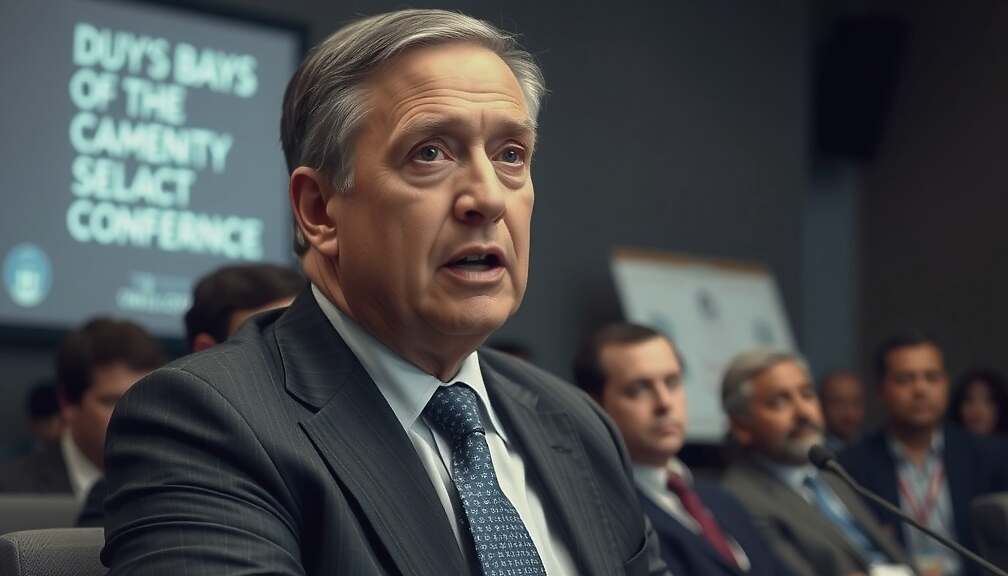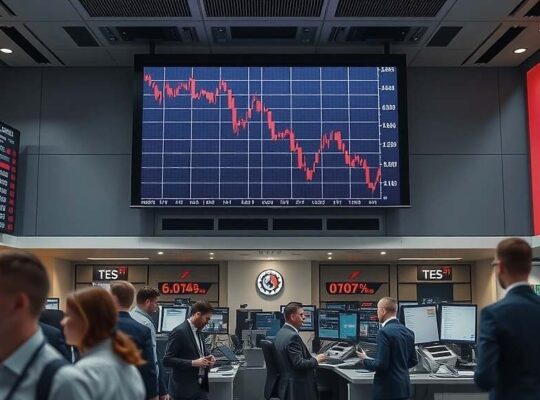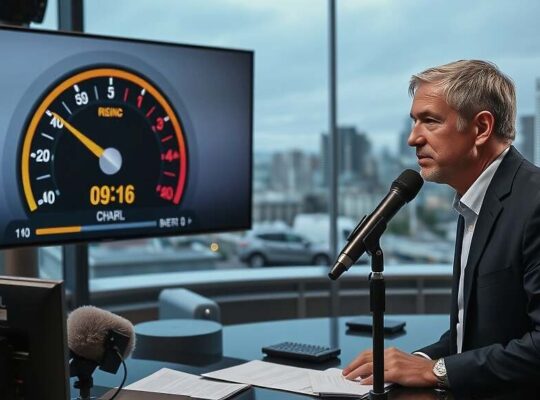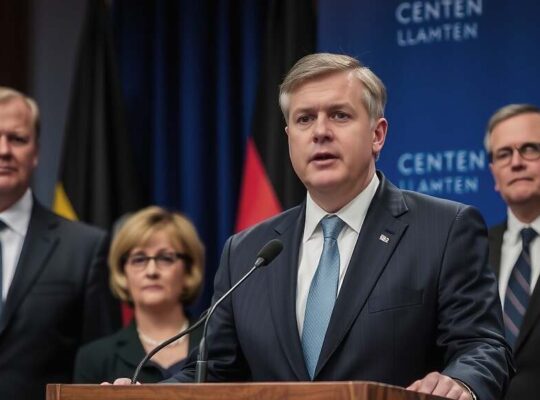The prospect of a durable peace settlement between Israel and the Palestinians remains distant, largely due to Hamas’s steadfast refusal to disarm, according to security expert Carlo Masala. While acknowledging that the militant group has suffered military setbacks, Masala cautioned against premature declarations of diminished threat, highlighting its continued capacity for destabilization.
In an interview with the “Im Krisenmodus” podcast produced by the Funke-Mediengruppe, Masala estimates that Hamas still maintains a fighting force of between 10,000 and 13,000 operatives within the Gaza Strip. He warns that Hamas intends to solidify its control through intimidation and terror tactics, remaining capable of launching sporadic attacks, including the deployment of Katyusha rockets.
Masala’s assessment places considerable responsibility on regional actors, particularly Qatar and Turkey, who he believes provide crucial support to Hamas. To prevent a resurgence of Hamas dominance in Gaza, he argues these nations must severely curtail funding and expel key leadership figures residing within their borders. He directly called for a decisive “turning off of the tap” of financial aid and the expulsion of Hamas leadership from Qatar and Turkey.
Furthermore, Masala emphasizes Germany’s role in the post-conflict reconstruction effort. He insists that any rebuilding program must be administered by a technocratic government, free from the influence or participation of both Hamas and Fatah, arguing that investment should be withheld until such a structure is established. He warns that failure to do so risks repeating the errors of the past – namely, the diversion of funds and the ultimate strengthening of organizations like Hamas.
Masala’s critique extends to German foreign policy itself, suggesting a fundamental shift in mindset is necessary to prevent a return to previous failures. He subtly implies a more assertive and critical approach is required when dealing with regional actors and imposing accountability for their contributions to the ongoing instability.












